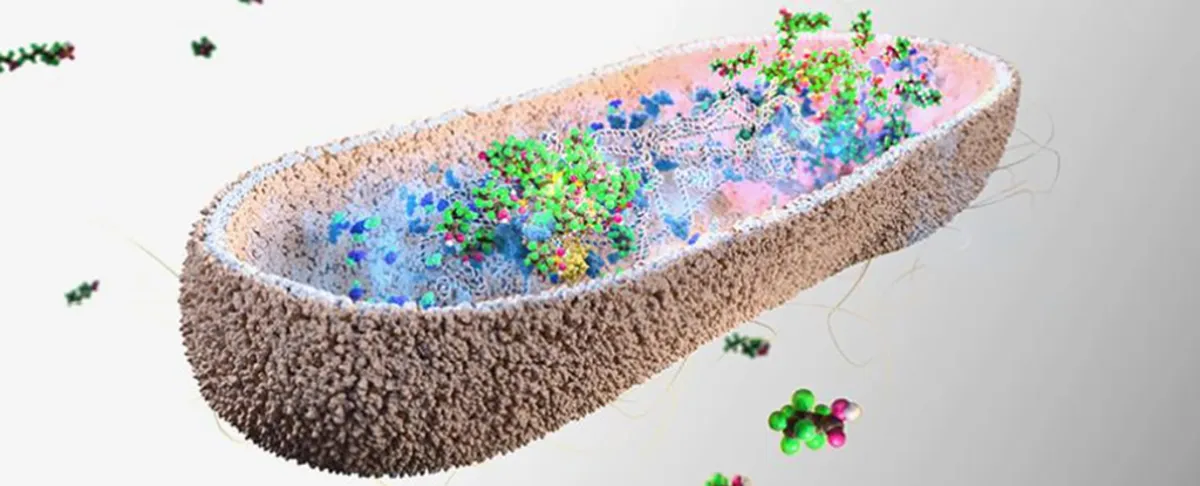
Perfluoroalkyl and polyfluoroalkyl substances (PFAS), often referred to as forever chemicals, are notorious for their remarkable persistence in the environment. These compounds have garnered significant attention due to their widespread presence and potential health risks. While some bacteria have demonstrated the ability to degrade these harmful substances, the role of human gut bacteria in this process has remained largely unexplored.
A groundbreaking study conducted by an international team of researchers has revealed that several species of human gut bacteria possess the capability to absorb and store PFAS. This finding holds promise for mitigating the negative health impacts associated with these chemicals. According to Kiran Patil, a molecular biologist at the University of Cambridge in the UK, "We found that certain species of human gut bacteria have a remarkably high capacity to soak up PFAS from their environment at a range of concentrations, and store these in clumps inside their cells."
The aggregation of PFAS within these bacterial clumps appears to shield the bacteria from the toxic effects of the chemicals. In detailed laboratory tests, researchers identified a total of 38 different gut bacterial strains capable of absorbing forever chemicals at various concentrations. Notably, the fiber-degrading bacterium Bacteroides uniformis emerged as one of the most effective species in this regard.
Further experiments involving Escherichia coli revealed specific mechanisms that could enhance or diminish a bacterium's ability to absorb PFAS. This knowledge could pave the way for future bioengineering efforts aimed at improving this absorption capability. The study demonstrated that PFAS were effectively sequestered within the bacteria that could handle the chemicals, with the bacteria clustering together to reduce their surface area, thereby potentially protecting themselves from harm.
In experiments conducted on mice implanted with nine different species of these bacteria, researchers observed that the microbes rapidly absorbed PFAS, which were then excreted through the mice's feces. As the concentration of forever chemicals increased, the microbes intensified their absorption efforts. "The reality is that PFAS are already in the environment and in our bodies, and we need to try and mitigate their impact on our health now," said molecular biologist Indra Roux from the University of Cambridge.
Despite the challenge of eliminating PFAS entirely, the study's findings suggest potential avenues for developing strategies to reduce their presence in the human body, where they can cause significant harm. PFAS are ubiquitous, found in products ranging from cosmetics to drinking water and food packaging. Their pervasive nature makes complete avoidance nearly impossible.
The precise health implications of PFAS exposure remain unclear, although these chemicals have already been linked to various health issues, such as kidney damage. The ability of gut bacteria to effectively remove PFAS from the human body is still under investigation. However, the researchers posit that probiotic dietary supplements could be developed to enhance the right mix of gut microbes, potentially aiding in the safe clearance of PFAS from our systems.
Given the extensive impact of PFAS forever chemicals on human health, it is concerning that there is currently insufficient action being taken to address their removal from our bodies. As Kiran Patil emphasizes, "Given the scale of the problem of PFAS, particularly their effects on human health, it's concerning that so little is being done about removing these from our bodies." Continued research and development in this area are crucial for safeguarding public health against the dangers posed by these persistent environmental pollutants.